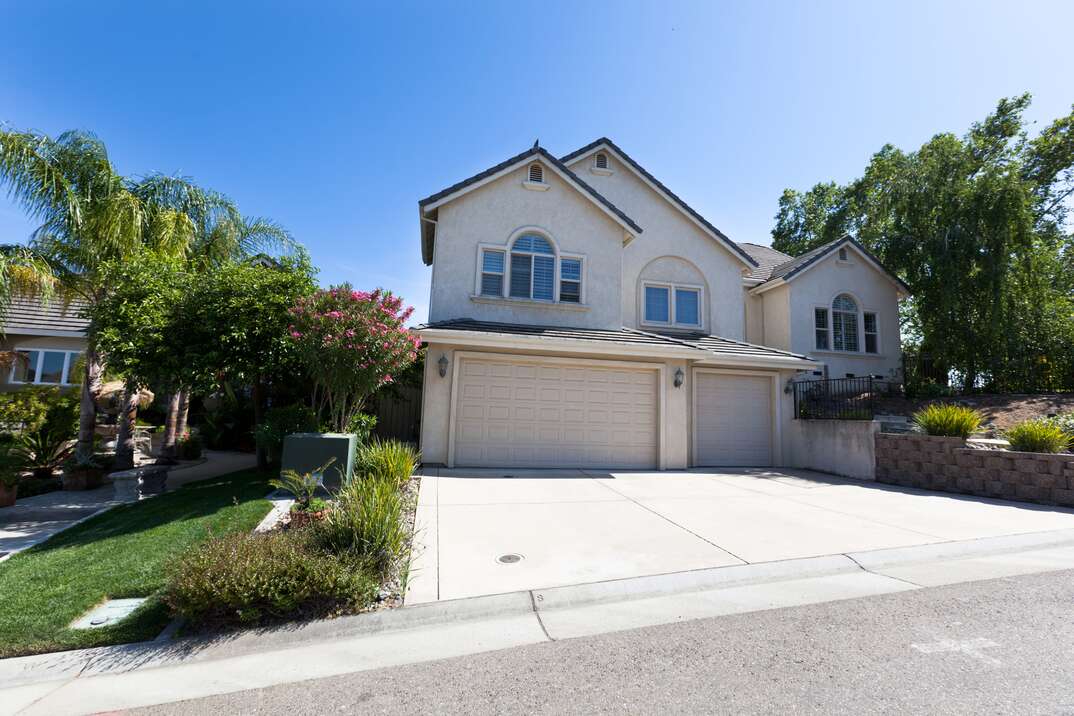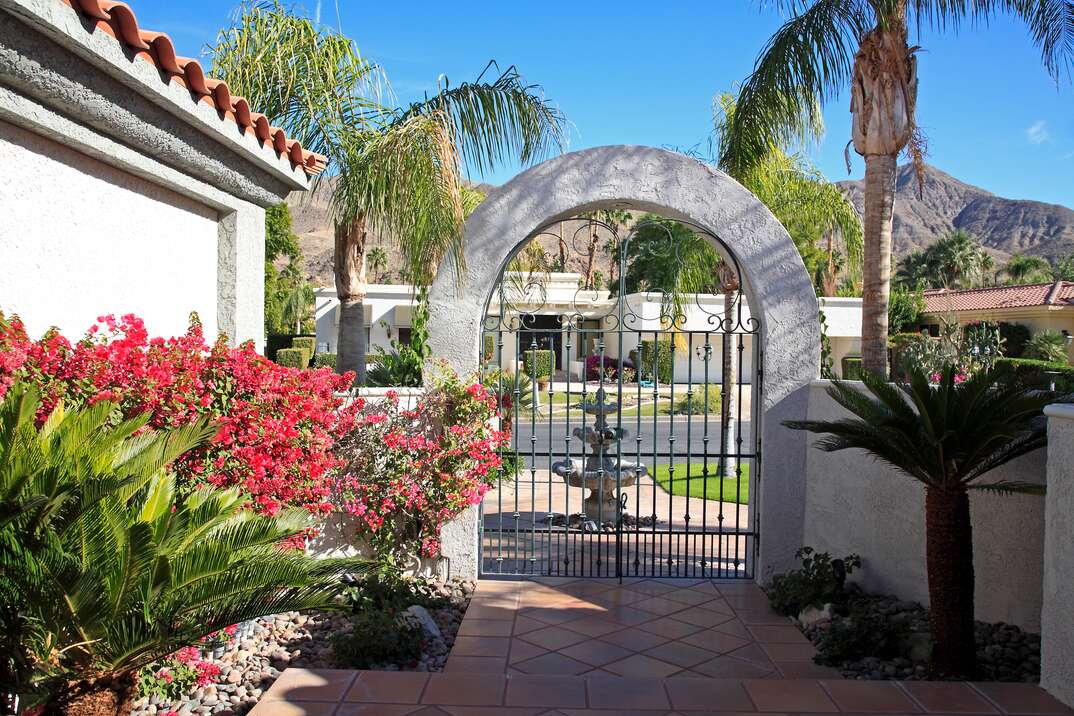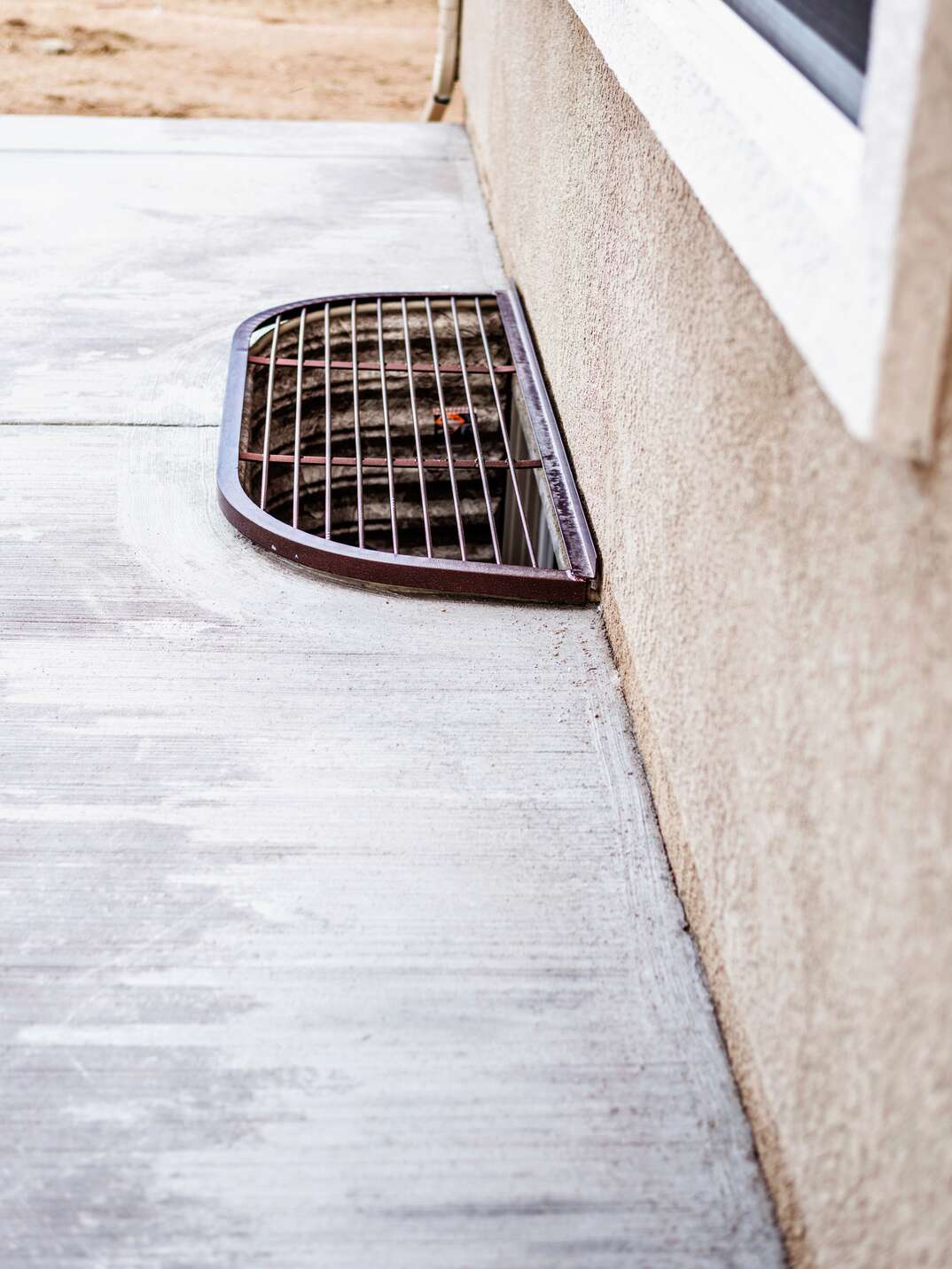How Much Does a Concrete Driveway Cost?

Concrete Driveway Costs at a Glance
- Price range: $1,800-$6,000
- Concrete cost per square foot: $5-$7
- Aesthetic upgrades, price per square foot: $8-$18 and beyond
- Price per square foot to add heating element: $12-$21
- Asphalt price per square foot (for comparison): $2-$4
- Cost of concrete driveway repairs: $500-$2,000
Concrete is one of the most popular material choices when it comes to driveways. Sure, there are other options, but if you’re looking for something that can stand up to weather and daily use while still looking nice, concrete is a solid way to go.
This May Also Interest You: Garage Door Replacement Costs
When it comes time to install or repair your concrete driveway, you want to make sure you’re getting the job done right, and in a cost-effective manner. It’s not every day you install a driveway, so be sure you know what to budget and what to expect when it comes time to pour that concrete. Concrete driveways tend to be lower-maintenance and can last from 20 to 50 years — so you could be living with it for a while.
Concrete Driveway Cost
Among traditional driveway-paving options, asphalt and concrete tend to be the most cost-effective choices beyond simply laying down gravel.
Concrete driveways can cost anywhere between $1,800 and $6,000, and the common range is from $3,000 to $4,000.
These cost ranges are estimates to provide useful context, but those prices can vary widely based on several factors, such as location, size, materials and labor costs. Meanwhile, if your driveway requires additional reinforcement or removal of the existing surface, the cost vary further.
Concrete Cost Per Square Foot
With a concrete driveway, you have a lot of options. If you’re looking for a plain gray concrete driveway, expect to pay between $5 and $7 per square foot.
However, if you’re going to add some aesthetic flourishes, the price will increase. Basic upgrades like color, texture or a border can cost you between $8 and $12 per square foot. Go a step beyond that to add more elaborate decorative appeal, such as engraving or multiple colors, and you can expect the price to go up to $12-$18 per square foot. If you want an even more high-end effect with chemical stains, additional colors or patterns, expect the price to start at $18 per square foot and go up from there.
The typical driveway is a minimum of 4 inches thick — but it may need to be thicker to support heavier vehicles. Weather and soil conditions where you live may also require a thicker driveway slab, which will bump up the price, as well. If you live in an area with snowy, icy winters, you may want to consider installing a heated driveway system, which can cost between $12 and $21 per square foot and is separate from your average concrete driveway cost.
Asphalt Vs. Concrete
Concrete and asphalt are the two most common driveway options, and they both have pros and cons. Let’s look more closely at each one.
Asphalt
Asphalt is a mixture of aggregates, such as rock, sand or gravel, as well as binder and filler. It’s typically cheaper than concrete, costing about $2 to $4 per square foot on average. However, asphalt prices tent to fluctuate depending on crude oil prices. An asphalt driveway can last up to 30 years.
Asphalt can also be installed and used more quickly than concrete. It typically consists of three layers: a base layer, middle layer and top layer. Replacement is easier, too, because usually only the top layer gets repaved when it comes time to resurface.
On the other hand, more recurring maintenance is required with asphalt. It usually needs to be sealed between six months and a year after installation and again every three to five years. It’s a job homeowners can take care of themselves, if they wish to save some money.
Concrete
Concrete is a combination of aggregates such as rock and sand, as well as a paste of cement and water. The paste binds the aggregates together into the rock-like mass of concrete.
The cost of concrete is higher than asphalt, but it doesn’t require as much maintenance, such as the regular sealing asphalt calls for. Usually a degreaser can be used to get rid of oil and stains that can build up over time. Plus, concrete can last 50-plus years — decades longer than asphalt.
Both concrete and asphalt can end up with cracks. Asphalt may be easier to repair than concrete, which can’t be resurfaced as easily. It’s important to consider climate, as well. If you live in a hot climate, you may find asphalt will stick to your shoes. However, in a cold climate, concrete may crack from the constant freezing and thawing.
Concrete Driveway Repair Costs
Repairs can be made to concrete to fix underlying issues like a sunken slab or hairline cracks. Depending on the extent of the work that needs to be done, you can expect to pay between $500 and $2,000 to repair the concrete.
Typical concrete repairs include fixing potholes, crumbling and cracks — that last one being the most common issue. Sometimes, cracks can be fixed with a filler and sealer. However, if the cracks are structural, then the driveway may need to be completely replaced.
Frequently Asked Questions
Here are answers to some of the most commonly asked questions about concrete driveways.
Is All Concrete the Same?
No. Concrete can be made to order based on strength and durability. It’s a balance of ingredients, so too much paste can make it crack — but not enough and it can be rough and look honeycombed.
Does Concrete Need to Cure?
Yes. It’s recommended it stay moist for at least seven days. So it’s best not to use it for an entire week while it is curing.
Does Weather Affect Installation?
Yes. The rate concrete hardens is affected by temperature, moisture and wind. If it’s being placed during cold or hot weather, adjustments need to be made.
Will Concrete Crack?
Yes. It will crack, especially in freeze-and-thaw climates
Do Cracks Indicate a Structural Problem?
Usually not. Hairline cracks are superficial. However, cracks that have movement may be structural and should be evaluated.
Is a Concrete Driveway a Good Investment?
It’s certainly worth considering. Concrete is a better investment than gravel, and in many cases even better than asphalt. Remember: A concrete driveway can last you some 50 years, so it’s not something you’ll need to constantly replace.
And no matter what updates you do to your home, you might consider having your investment protected with a plan from HomeServe. We have plans to cover plumbing, heating and cooling, and electrical needs. Take comfort in knowing our 24/7 hotline is available so you can get the licensed and insured technician you need to keep your home in tiptop shape.

.jpg)
